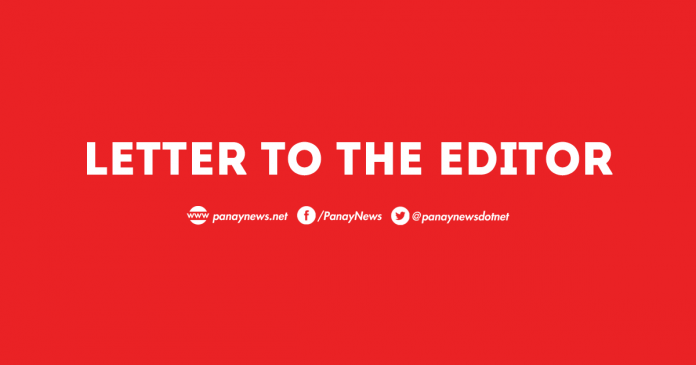
NOVEMBER 8 marked the 10th anniversary of “Super Typhoon Yolanda.” In 2013, it was the strongest typhoon to have ever hit landfall in living memory; the effects were devastating. Over 14 million Filipinos were affected across 44 provinces, with over 8,000 directly killed, 4 million individuals displaced from their homes, and 33 million coconut trees — a major source of livelihood in the Visayas — destroyed. The super typhoon further exposed extreme lapses in the Philippines’ disaster preparedness programs as well as corruption and politicking in government hampering efforts to aid Filipinos in crisis.
Ten years in, the same brand of corruption, ineptitude, and criminal negligence in disaster preparedness are still apparent in the Philippine government’s policies. In 10 consecutive years, the Philippines has been named the most dangerous country for environmental defenders across Asia, owing to the gruesome situation of Filipinos who speak out for better and greener policies.
On the coinciding occasion of the UN special rapporteur on the promotion and protection of human rights in the context of climate change, Mr. Ian Fry’s visit to investigate the effects of climate change on human rights, GABRIELA wishes to shed light on the pressing situation of Filipinos, especially Filipino women who not only already face the ruinous effects of climate change, but also the gripping repression of state elements against citizens who take a stand against environmental plunder.
As of today, there remains no serious effort made by government to develop national industries that could support scientific research and development on sustainable energy and systematic disaster preparedness. Instead the government freely allows transnational corporations to come in despite the environmentally destructive operations of both. Recently, it has also bolstered environmentally devastating military exercises with the US by expanding US EDCA sites and war games in the country. The PH government’s 2024 national budget, widely criticized for its bloated funds for questionable confidential funds, also has proposed items for so-called “green infrastructure,” but these are in fact fronts for corruption and projects that lead to displacement of local communities – including urban poor families, farming communities, and indigenous peoples.
When citizens organize and speak on these concerns, they are red-tagged, harassed, tortured, illegally arrested, designated as terrorists, and even killed by state elements. In September 2023, two young women environmental defenders Jonila Castro and Jhed Tamano — advocates who were organizing against reclamation in Manila Bay — were abducted and tortured by agents of the Armed Forces of the Philippines. The pair bravely spoke out about their kidnapping and fortunately escaped with the help of their family and of people’s organizations when the National Task Force to End Local Communist Armed Conflict (NTF-ELCAC) sought to present them as “rebel surrenderees”.
Plenty of environment and IP advocates have also been wantonly labeled as terrorists under the draconian Anti-Terrorism Law. Among them are indigenous women activists Jennifer Awingan and Sarah Abellon-Alikes — both leaders of the Cordillera Peoples Alliance (CPA) which for decades has led campaigns against destructive development aggression projects and in defense of indigenous people’s rights in the Cordillera region.
It is our greatest hope that the investigation of the UN special rapporteur Ian Fry would highlight and surface the reality faced by Filipino environmental defenders and develop recommendations that would address our plight for a green future. Concretely, this includes putting an end to the government’s horrifying practice of red-tagging of advocates as enabled by the NTF-ELCAC, and the arbitrary designation of activists as “terrorists” facilitated by the Anti-Terrorism Law. Instead of crackdown on Filipinos who speak truth to power, the Philippine government must pursue and improve climate disaster preparedness programs, oppose imperialist plunder of our environment, and hold state elements responsible for human rights violations against Filipino rights defenders accountable. – GABRIELA Alliance of Women
***
GABRIELA is a grassroots-based alliance of more than 200 organizations, institutions, desks and programs based in communities, workplaces and schools throughout all regions and major provinces and cities in the Philippines. It is different and distinct from Gabriela Women’s Party, a partylist organization that serves as the voice of women in Congress. The two organizations have their own set of Constitution and By-Laws, organizational structure, officers, staff and headquarters.



